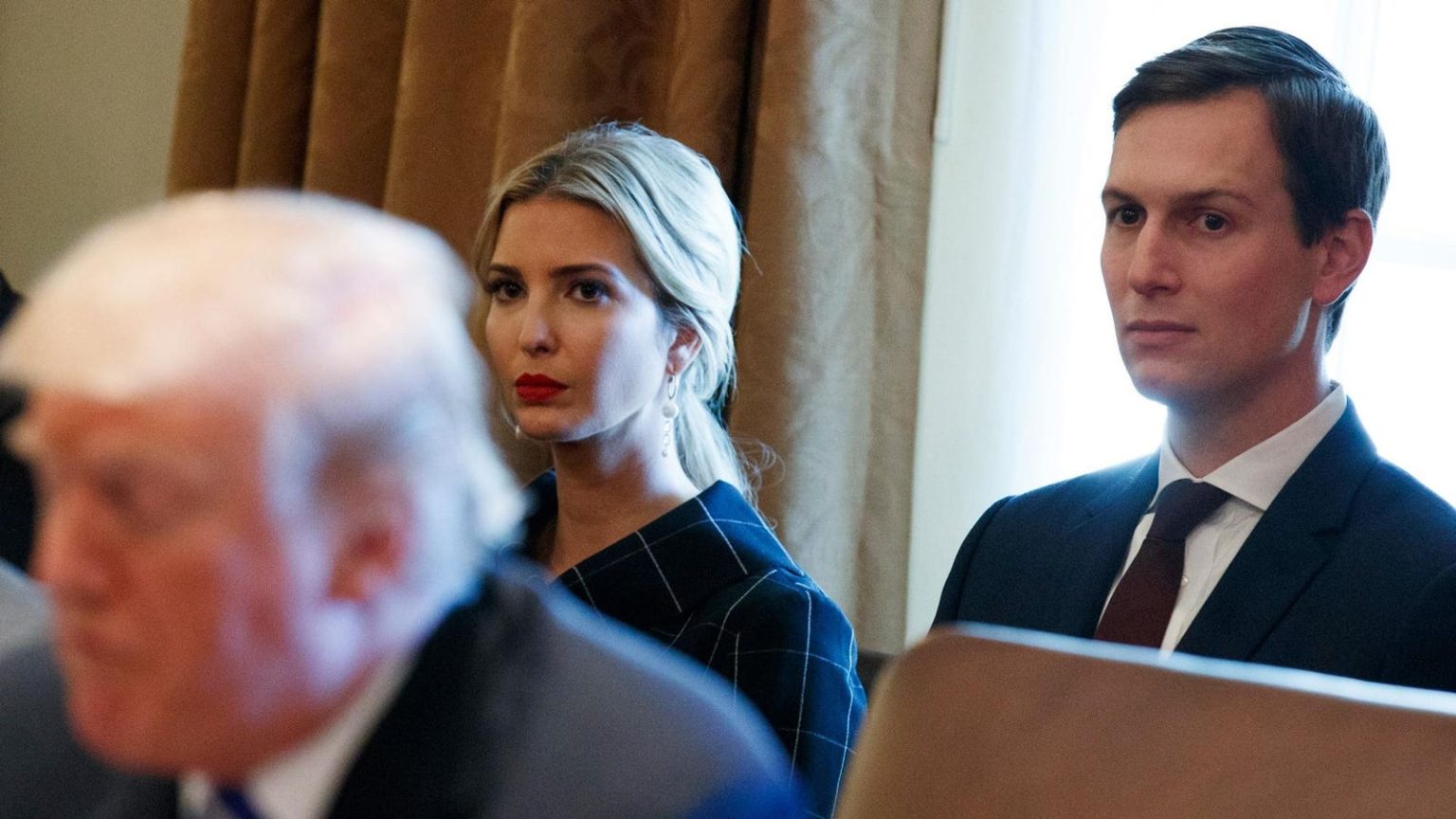Donald Trump is facing a financial challenge as he races against the clock to secure a $464 million appeals bond by March 25, following a judgment against him from New York Attorney General Letitia James. His attorneys have stated that they are unable to secure the bond, which requires a collateral of $557 million and more than $18 million in upfront bond premiums. Although Trump has appealed the judgment, it remains uncertain when the appellate court will make a ruling on the matter. This has pushed Trump into a bind, as he scrambles to find a solution to meet the financial obligation.
One potential avenue for financial assistance could be Trump’s wealthy friends or family members, such as the Kushners. Forbes estimated the net worth of Jared Kushner’s family at $1.8 billion in 2017, with significant assets tied up in real estate and liquid assets. However, even with their considerable wealth, it appears unlikely that the Kushners would come to Trump’s aid in securing the appeals bond. Much of their assets are tied up in real estate, making it difficult to use those assets as collateral for the bond. Additionally, like Trump, the Kushners also have their own debts to manage, further complicating the situation.
Jared Kushner, who has been actively engaged in business ventures since leaving the White House, holds significant assets through his ownership of the Kushner Companies and Affinity Partners. Kushner’s last financial disclosure in 2021 revealed substantial assets and income, with holdings ranging from $206 million to $801 million. However, it is unlikely that Kushner would be able or willing to bail out Trump due to the complexities of their financial portfolios and the challenges of securing the required bond amount. Furthermore, much of Kushner’s wealth is tied up in real estate and other investments which may not be readily available to meet Trump’s financial obligations.
In addition to his real estate holdings, Kushner’s Affinity Partners has significant assets under management, including funds from Middle Eastern investors such as Saudi Arabia, Qatar, and the United Arab Emirates. However, these funds are likely restricted for investment purposes and may not be easily accessible to cover Trump’s appeals bond. Despite the size of Affinity’s funding, the firm has only made a few select investments since its inception in 2021, indicating that liquidating assets for immediate cash may not be a viable option for Trump’s financial needs. Kushner’s personal cash holdings may also fall short of meeting the required appeals bond amount, further complicating the situation.
As Trump navigates the challenges of meeting the appeals bond deadline, declaring bankruptcy remains a possible option to avoid levying on his properties. Trump has a history of filing for bankruptcy for his businesses, including his casinos and hotels. However, if he fails to win the appeal and is found personally liable, he may have to declare both personal and corporate bankruptcy. This would have significant implications for Trump, especially in an election year, as he may face political consequences and backlash for being associated with bankruptcy. Regardless of the outcome, Trump’s financial predicament poses a significant challenge that may require tough decisions and strategic planning to navigate.


